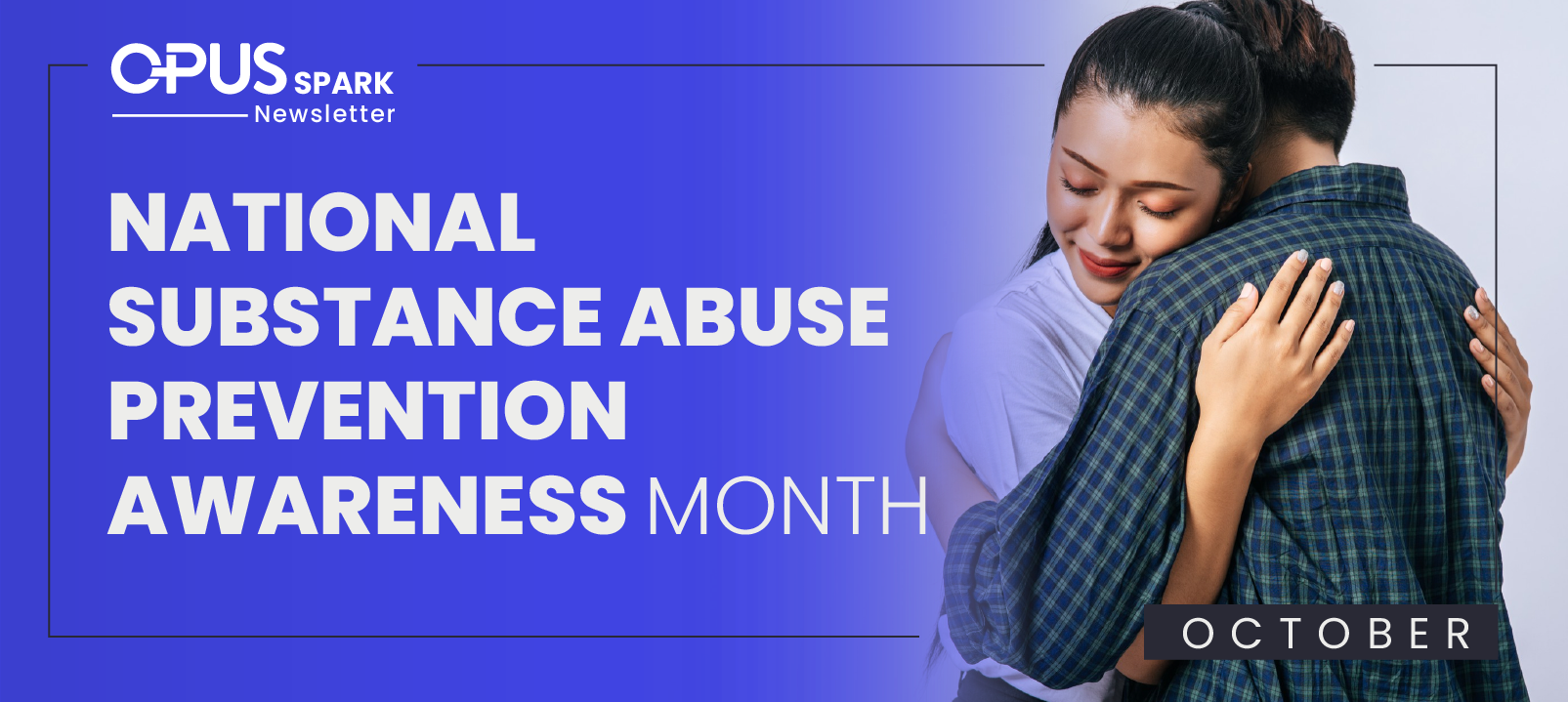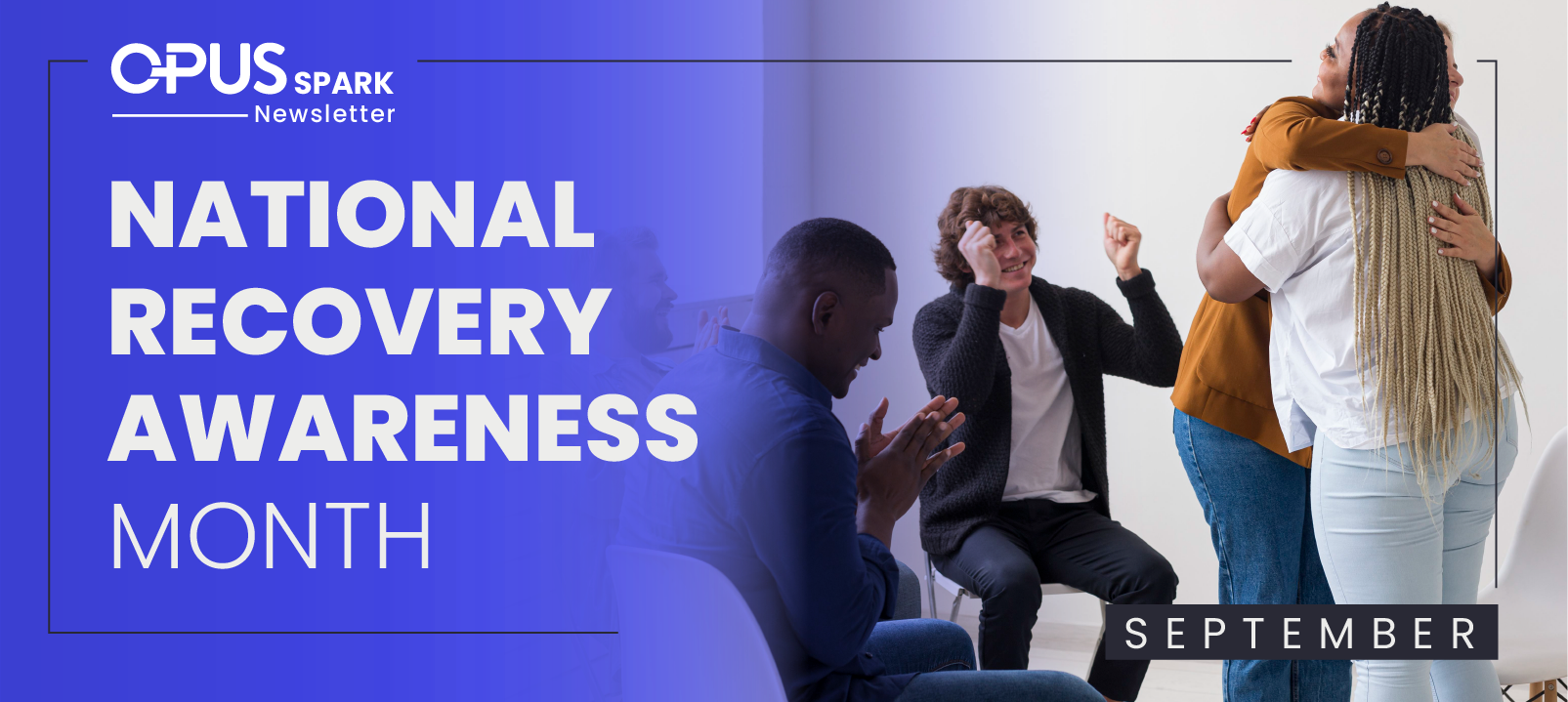5 Things More Helpful to Say Than "Calm Down!"
In times of conflict, here's how to not add fuel to the fire.
In all my years as a psychologist specializing in anxiety, and as a relentless observer of human interaction, I can't think of a single time where the words "Calm down!"—especially shouted in a voice that is itself tense-- had the desired effect. Whether it is during an argument with your partner, as a bystander to your child's tantrum, or in a stressed-out moment with a critical colleague, "Calm down!" often has exactly the opposite effect.
The problem with the phrase is that it often puts people on the defensive—insinuating that their reactions are the problem. Even if this has some objective truth to it, and that indeed their reactions seem out of proportion to the situation, getting them back to emotional equilibrium will likely not be helped by accusing them of having an "inappropriate" reaction. Moreover, it feels inherently invalidating to have someone tell you that your feelings are too big in proportion to what happened to you.
Another problem with the command is that it gives no road map for putting anything into action. When someone is angry, anxious, or otherwise upset to the extent that someone else feels they should calm down, then by definition the alarm bells are ringing—and they can't just quickly turn them off because someone says so. And if the person saying "calm down" sounds anything but calm themselves? Then they're likely just adding fuel to the fire of escalation.
The next time you are tempted to tell someone to calm down, pause, take steps to slow down your own stress response and try out one of these other interventions instead.
- "I understand this is upsetting. "The value of this statement is that it shows immediate empathy, and instead of making the person feel that there is something wrong with them—which risks pushing them away—you're attempting to make a connection. By validating the fact of their distress, you lessen the risk that they will get more frustrated with your not "getting it," which can turn them against you.
Be wary of making the statement in too dismissive a tone, however, or pairing it with a quick request to move on.
2. "It's hard for me to talk with you when things feel this intense."This can be a helpful thing to say when there is a heated argument and you are passing the point at which productive conversation reaches resolution. The key is to convey that you still want to talk, but that things feel potentially damaging in their current state. View this as a potential life raft that you are giving someone—illuminating a path out of the frantically intense emotions and toward a more even course.
Do not use the phrase, though, as an ultimatum or a threat that you will cut them off or run away if they don't immediately calm down without your help—in which case it's just a wordier way of saying "Calm down."
3. "I am going to pause for a moment to slow things down."This phrase can be helpful in a conflict because it has the potential to model relaxation techniques without it feeling like an accusation of anything, or forcing them to follow you. Aim for a tone that is not condescending and that acknowledges your own role in the conflict. And then, truly pause—whether they follow you or not. Stretch your body, get some air, or do breathing exercises. Even if they don't follow your lead, at least you know that you will be better able to manage what is to come—and to lead by example.
4. "I'm here with you in this."This is especially helpful in situations where people's "big feelings" are getting the best of them, whether a child having a tantrum or an adult losing their cool over something that just feels like too much to handle. For most human beings, it is profoundly comforting to know that you are not alone and to have someone bear witness to your upset (it's one of the basic foundations of psychotherapy and sets the stage for healing). So often, when someone is upset, we want to know the perfect thing to say, but equally important is how we listen and simply stay emotionally present for the person.
5. "How can I help us move through this?"
Very often, the idea of saying "calm down" holds appeal because it gives us a sense of moving forward. Of course, this is likely a false sense, but it's what we want most in that moment—the assurance that we can get through whatever is happening and solve it, preferably quickly. So, although "calm down" won't be likely to do the trick in that regard, you can still think about moving toward a solution if that is what feels most pressing—and if it feels too upsetting to simply sit with the person in their distress. By offering your help, you once again are going for a spirit of connection rather than accusation or separation.
Just make sure you speak it with an extra dose of patience, so that the person doesn't feel that the clock is ticking loudly in their ear, which will likely agitate them even more.






